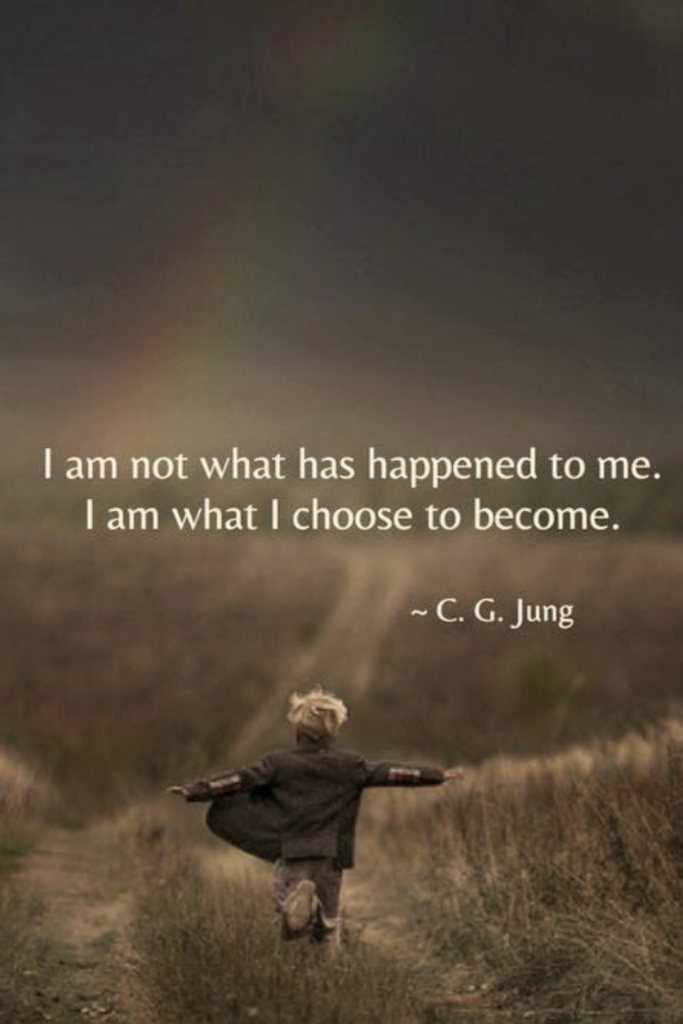Have you ever felt like the story you’re living doesn’t belong to you?
In psychology, we often talk about false narratives – the roles and expectations written into us before we can even speak. These stories shape our self-identity and can make us forget who we truly are.
The Stories We Inherit
We absorb some stories before we can even speak. They arrive through expectations, subtle glances, and the quiet choreography of family roles. Very early on, you learn who you are supposed to be: the strong one, the quiet one, the achiever, the glue. You carry the script without ever remembering an audition.
She carried the role of the responsible one. The mask pressed so tightly it fused with her skin. People admired her composure, her strength, her ability to hold everything together. But they didn’t admire her – they admired the role.
False narratives work this way: they reward you when you disappear into them.
When the Mask Cracks
At night, however, when no one was watching, she felt the fracture. She repeated her lines – “I’m fine, I can manage, it’s no big deal” – yet the words tasted hollow. She spoke fluently in a language that never belonged to her.
One day, in the stillness of a therapy room, she whispered the truth:
“It doesn’t feel like my life belongs to me. It’s as if I was cast into a story written long before I was born, and I’ve been performing ever since.”
The psychologist didn’t rush to answer. Instead, he asked:
“Whose story are you living?”
That question cracked something open. The danger of living someone else’s narrative isn’t only that you lose yourself – it’s that you forget you ever had another voice.
The Silence of the Unlived Life
To live by that truth, however, you must face the uncomfortable silence that comes when the old script falls away. That is the silence of the unlived life.
Perhaps this is where true freedom begins:
Not in pleasing, not in performing, not in repeating inherited lines,
but in daring to write sentences never spoken in your family, your culture, or your history.

Writing Your Own Story
The narrative that truly belongs to you will feel raw at first. Awkward. Uncertain. But it will also feel alive.
And maybe the most radical act in this world is to stop performing a story that never belonged to you — and to begin telling the one that only you can write.
✨ If this resonated with you, you might also like my post about Journaling and Finding Your Own Voice.

